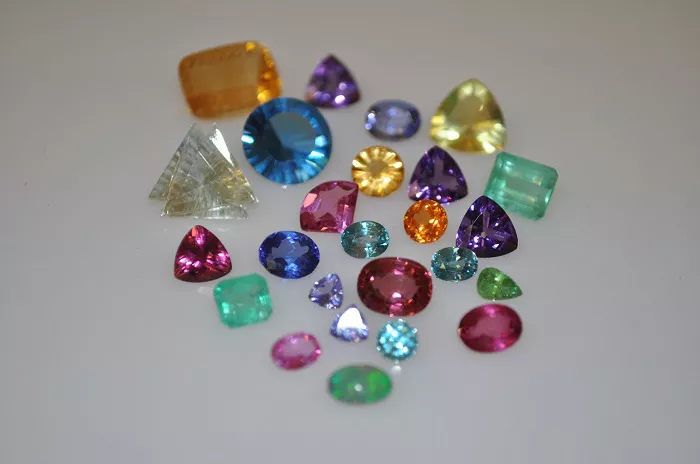Gemstones have fascinated humanity for centuries with their beauty, rarity, and mystique. From ancient civilizations to modern jewelry enthusiasts, these precious stones are cherished and revered. However, a common question arises: Do gemstones expire? In this comprehensive guide, we will delve into the longevity of gemstones, the factors that can affect their durability, and the best practices for maintaining their brilliance over time.
Understanding Gemstone Longevity
The Nature of Gemstones
Gemstones are minerals, rocks, or organic materials that have been cut and polished for use in jewelry and other decorative items. Each gemstone possesses unique physical and chemical properties that contribute to its appearance and durability. Common gemstones include diamonds, sapphires, emeralds, rubies, and opals.
Do Gemstones Have an Expiration Date?
In a literal sense, gemstones do not expire like perishable goods. They are natural formations that have endured geological processes over millions of years. However, their longevity and appearance can be affected by various factors, including wear and tear, exposure to harsh conditions, and improper care.
Factors Affecting Gemstone Durability
1. Hardness
Hardness, measured on the Mohs scale, is a key factor in determining a gemstone’s resistance to scratching and abrasion. For instance:
Diamonds: The hardest gemstone with a Mohs hardness of 10, making them highly resistant to scratches.
Sapphires and Rubies: Both have a hardness of 9, making them durable choices for everyday wear.
Emeralds: With a hardness of 7.5-8, they are more prone to scratching and require careful handling.
Opals: Soft and delicate, with a hardness of 5.5-6.5, they are susceptible to scratches and breakage.
2. Cleavage and Fracture
The way a gemstone cleaves or fractures can impact its durability. Gemstones with perfect cleavage, such as diamonds, can split along specific planes if struck hard. In contrast, stones with poor cleavage, like quartz, are less likely to break in this manner.
3. Heat Sensitivity
Some gemstones are sensitive to heat and can suffer damage when exposed to high temperatures. For example:
Emeralds: Heat can cause inclusions to expand, leading to fractures.
Opals: Can crack or craze due to rapid temperature changes.
4. Chemical Exposure
Exposure to chemicals can damage gemstones. For example, household cleaners, acids, and even some skincare products can adversely affect certain stones.
See Also: What Gemstones Are Naturally Magnetic?
5. Light Sensitivity
Prolonged exposure to light can cause some gemstones to fade or change color. For example, amethyst and topaz can fade over time if exposed to intense sunlight.
Best Practices for Gemstone Care
To ensure your gemstones remain stunning and vibrant for years to come, follow these essential care tips:
Regular Cleaning
Mild Soap and Water: Use a soft brush and mild soap solution to clean most gemstones. Avoid harsh chemicals.
Ultrasonic Cleaners: Suitable for hard gemstones like diamonds and sapphires but should be avoided for softer stones like opals and emeralds.
Proper Storage
Separate Compartments: Store gemstones separately to prevent them from scratching each other.
Soft Pouches or Cloth: Use soft materials to wrap gemstones, minimizing contact and potential damage.
Avoid Harsh Conditions
Remove Jewelry During Activities: Take off gemstone jewelry during activities that could expose them to impact, chemicals, or extreme temperatures.
Limit Sun Exposure: Keep light-sensitive gemstones away from prolonged sunlight.
Regular Inspections
Professional Check-ups: Have your gemstones inspected by a professional jeweler regularly to check for signs of wear or damage.
Re-polishing: Some gemstones can be re-polished to restore their luster if they become scratched or dull over time.
Conclusion
While gemstones do not have an expiration date, their longevity and beauty can be influenced by various factors. Understanding these factors and adopting proper care practices will help ensure that your precious stones remain a dazzling part of your collection for generations. Whether you own a diamond, sapphire, emerald, or any other gemstone, treating them with the care they deserve will keep them sparkling and enchanting for years to come.
By following the guidelines outlined in this article, you can confidently preserve the brilliance and allure of your gemstones, ensuring they continue to captivate and delight for many years.


